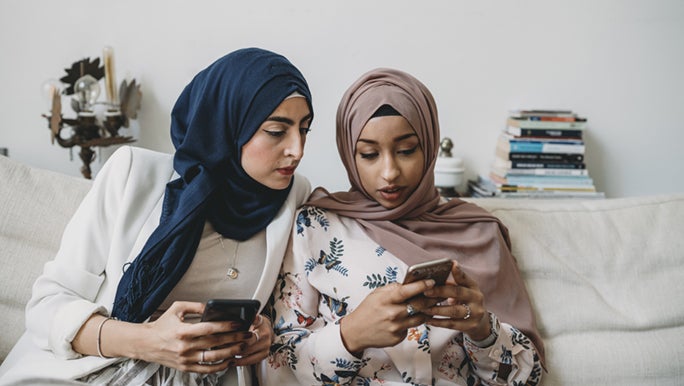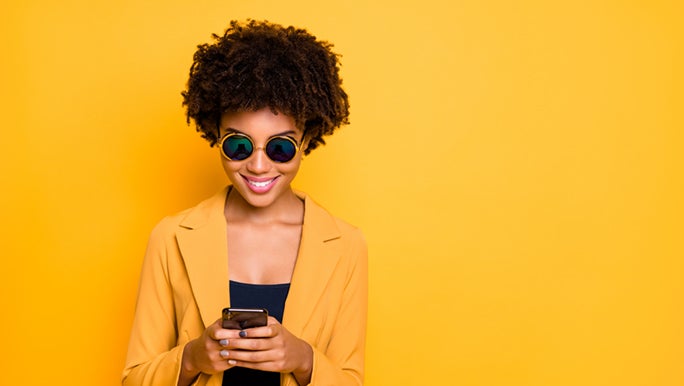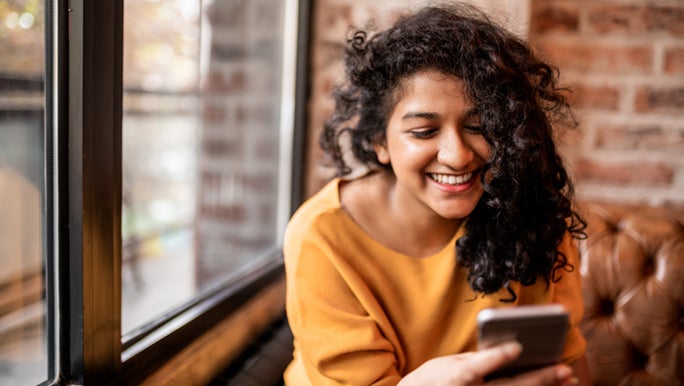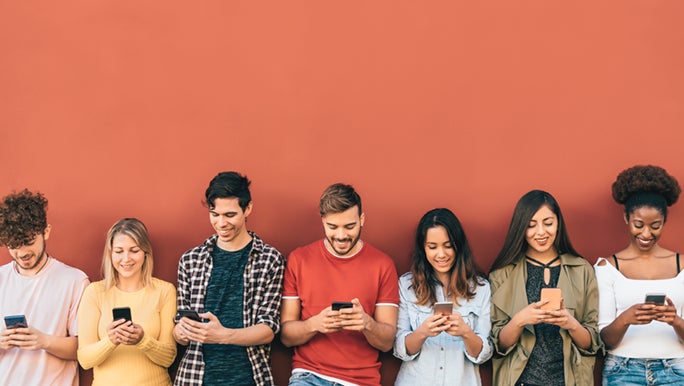Can social media boost emotional connections with friends?

Key points
- Social media may help us build healthy friendships as adults.
- Using online social networking sites may help cultivate and nurture social capital (or the value of social relationships) with those we have close ties with.
- While there are some issues associated with social media use, recent research suggests it's how you use it that matters.
We’ve all seen news headlines declaring something along the lines of “social media is the end of social connection”. But during times when we aren’t able to meet face-to-face, social media allows many of us to stay in touch.
With that in mind, it got us thinking – surely social media has some positive benefits for our social lives?
To find out, we explored some research and chatted with Consultant Psychologist Dr Bec Jackson about whether social media helps us, as adults, to make emotional connections with friends.
Social connection and making new friends on social media
According to a recent Australian study, social media may help us build healthy friendships as adults. The study involved 344 adult participants who completed a questionnaire asking them to rate how they feel about their social connectedness on Facebook.
The researchers found that “Facebook appears to be a useful avenue for social bonding, with the benefits associated with Facebook connectedness similar to those obtained from offline relationships.”
These little snippets of connection over time add up. When and if you then get the opportunity to catch up offline, you’re picking up from a more personally salient place.
Likewise, Dr Bec says when you directly interact with friends through social media platforms, you may be able to achieve similar benefits of feeling connected as you do when socialising offline.
What’s more, she says that combining social media with other digital technologies could help too.
“When socialising over social media is enhanced through the use of voice, video and ‘live chat’ then it can be a wonderful way to stay connected. Especially, if you can’t be physically co-located, like long distance friendships,” she says.
It’s this bridging of geographical divides that makes social media a good platform to make friends.
“Traditionally, an offline friendship usually starts when you meet a person at work, school, uni, a sports group, club, interest group or in your local community. But with social media, you can network and build friendships with people who are located anywhere in the world,” she explains.
Dr Bec says that social media may also help us make friends by giving us the ability to find people who share similar interests or hobbies easily.
Nurturing the value of our close relationships
And it seems that the science backs up using social media to help cement your existing friendships. A 2019 review uncovered that using online social networking sites may cultivate and nurture social capital (or the value of social relationships) with those we have close ties with.
Dr Bec says social media may help us nurture relationships with friends that we regularly interact with because it’s a way of ‘topping up’ the connection.
“It gives you insight into what people are up to between “catch-ups”. It’s like the modern version of postcards, slide nights or looking at holiday photos. You may use these insights to build your knowledge and interest in each other's lives, start conversations and grow common understanding and bonds with your friends,” she says.
It may feel like friendships are hard to maintain with our busy lives. But Dr Bec says the ability to ‘check in’ as and when you have time is a luxury that social media offers.
“These little snippets of connection over time add up. When and if you then get the opportunity to catch up offline, you’re picking up from a more personally salient place, than say the last month, last year you saw each other,” Dr Bec says.

A 2019 review uncovered that using online social networking sites may cultivate and nurture social capital.
How you use social media matters
While there are some issues associated with social media use, such as addiction, social comparison and relationship conflicts, recent research suggests it's how you use it that matters.
The study found that people who routinely use social media to respond to others’ content may experience positive benefits.
But people who use social media excessively to avoid feeling FOMO (fear of missing out) or disconnected may experience the negative impacts of social media.
In another example, research suggested that using social media to enhance existing relationships may decrease loneliness, but replacing offline relationships with social media may increase loneliness.

It’s like the modern version of postcards, slide nights or looking at holiday photos.
Putting the social into social media
Despite some of the negatives of social media, it also offers great things like social bonding opportunities, making new friends and nurturing our relationships.
When meeting face-to-face isn’t possible, social media helps keep us connected. And in times like these, it should be celebrated.
Related:
- Dating after divorce at 40 (or later) is possible – here’s how!
- Learning what your love language is to build stronger relationships
- How to resolve conflict in your relationship
Dr Bec Jackson is a Consultant Psychologist with 20 years’ experience across clinical psychology, academia, therapy and education in clinical, forensic and organisational psychology.
Reviewed by the healthylife Advisory Board September 2021.
